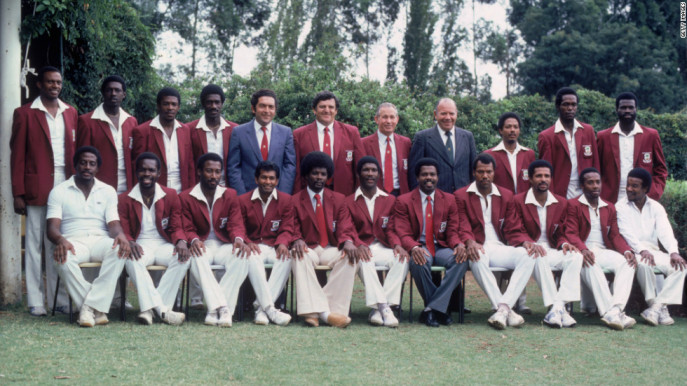
I am, and will always be, a fan of West Indies cricket. Whenever and wherever they’re playing, I’ll find the time to watch. Sometimes that means staying up late into the night, eyes fixed on the screen, hoping for that spark of brilliance that reminds us of the glory days.
And very often, there is that spark. A fiery opening spell, a quick burst of boundaries, a partnership that looks promising — and you think, “Yes, this is it. The boys are on top.”
But then, almost predictably, it all falls apart.
As a fan, sitting there analyzing the flow of the game, you can’t help but see a painful pattern: there’s no clear plan.
No Plan to Stay at the Wicket
Time and again, our batsmen get good starts but don’t convert them. Too often, there seems to be no plan to stay at the wicket, to build an innings, to grind through difficult spells. The idea of occupying the crease, of making the opposition bowlers work for every wicket, seems lost.
Cricket is a mental game as much as it is a physical one. Great batsmen watch the bowler closely, assess the conditions, and plan their response. They know when to attack, when to defend, and when to simply survive. Unfortunately, our players often look like they’re reacting ball by ball, not thinking ahead.
No Plan to Dominate
West Indies cricket was once built on intimidation — not arrogance, but controlled dominance. Viv Richards didn’t just bat; he imposed himself. Clive Lloyd’s teams played with intent. Even when the bowlers were on top, they fought to regain control.
Today, it feels as if that confidence and game awareness have vanished. Too often, our batsmen don’t seem to know which bowler to target, when to rotate the strike, or how to pressure the opposition. The game drifts — and before you know it, the advantage is gone.
No Tactical Discipline
The same lack of planning shows in our bowling and field placements. There are moments when a bowler hits the perfect rhythm, but then the field setting doesn’t back him up. Or a captain misses a simple change that could build pressure.
Modern cricket is driven by data, planning, and adaptability. Teams like India, Australia, and England study their opponents meticulously. Every batsman’s weakness, every bowling pattern is analyzed. For the West Indies, however, it often feels like we’re still relying on instinct rather than intelligence.
The Need for a Cricketing Brain Trust
What this team needs is not just talent — we have that — but strategy. A cricketing brain trust that helps players understand the game deeply. Young batsmen should be learning not just how to play shots, but how to build innings. Bowlers should know how to plan dismissals over multiple overs. Captains should have the confidence and cricketing intelligence to think two steps ahead.
It’s not about copying others — it’s about rediscovering that West Indian balance of flair and focus.
Playing with Purpose Again
The West Indies once represented a movement — a force that played with pride, discipline, and collective belief. We might never return to the exact glory of the past, but we can rebuild that purpose.
Cricket has evolved, yes, but the fundamentals remain unchanged: plan, execute, and adapt. Until the team embraces those principles again — until every player walks to the crease or marks a run-up with a plan in mind — the same frustrations will continue.
As fans, we’ll keep watching. We’ll keep hoping. Because despite the heartbreaks, there’s still that flicker of belief — that maybe, just maybe, one day the West Indies will find their plan again, and with it, their pride.
What are your thoughts? Do you see it that way as well! Leave your comments below.






Start sharing, start earning—become our affiliate today!
Tap into unlimited earnings—sign up for our affiliate program!